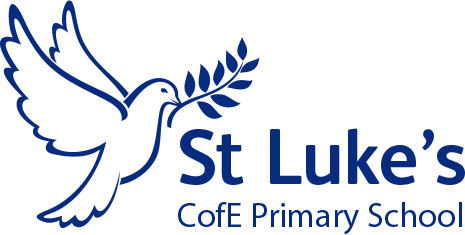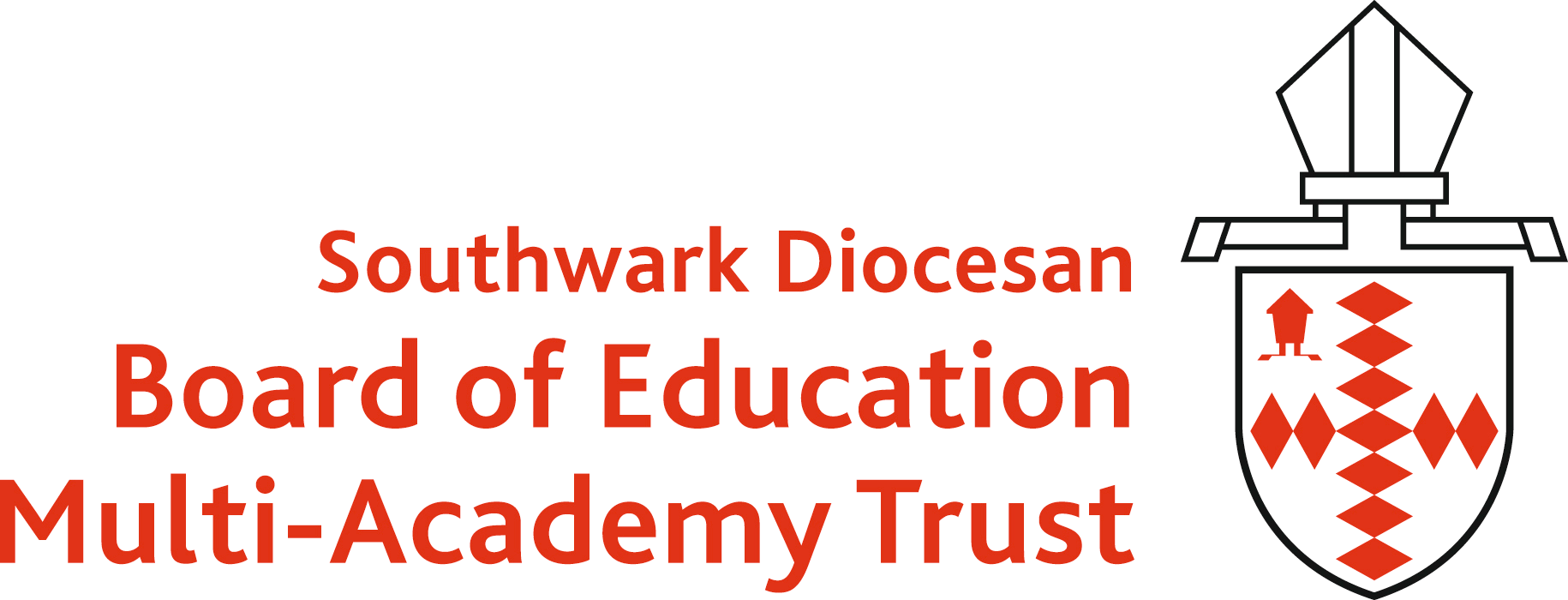Personal Development
 What is personal development?
What is personal development?
Personal development is both a subject and a school ethos. It is reflected in our school motto: We believe that each child is a Unique gift from God. As such we ensure that each child is given the opportunity to flourish and grow in order to fulfil their potentials. We want to each child to leave our school feeling confident, unique and proud.
Our aim is to teach children how to navigate through life safely, happily and healthily. Children are growing up in a world that is constantly changing and it is the duty of all the staff at school in partnership with the parents teach the children transferable life skills. We teach children about the world around them, relationships, emotions, reproduction and health, as well as transferable skills to help with life. We consistently promote the British values and our school values.
Our core values we help pupils develop their character, to know that individual differences should be valued, to be resilient, reflective, to have empathy and respect for one another. We help pupils understand and deepen their knowledge of the British values of democracy, individual liberty, the rule of law, mutual respect and tolerance.
How we teach Personal Development in our school
St Luke's teaches personal development in a wide range of ways throughout the children’s school lives. For example:
It is taught in discrete lessons (please see the curriculum map below)
It is taught with cross-curricular links in other lessons, such as English, Physical Education and Religious Education
Staff members consistently model how to be a good citizen who uphold the school values
Assemblies (whole school and special visitors)
Specialist staff working with individuals and groups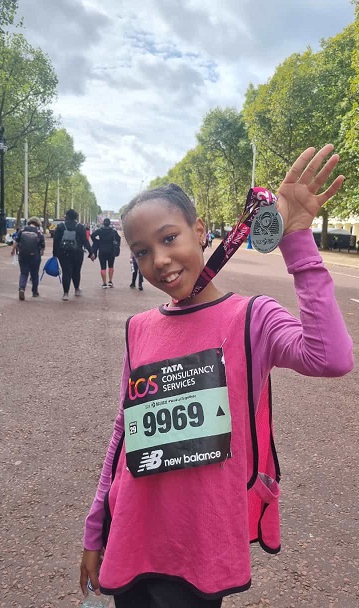
E-Safety lessons in computing and assembly
Celebrating positive learning attributes with weekly certificates
After school clubs
Breakfast Provision
Well thought through transitions throughout the school and beyond
Focusing on mental and physical health
Pupil Ambassadors
Celebrating different languages, cultures and religions
Residentials and outdoor learning
Why do we teach Relationship and Health Education (RHE)
Through our taught curriculum for Relationships and Health Education (RHE), we teach pupils to recognise and manage online and offline risks. We teach them about healthy relationships and that sexual harassment of any kind is not tolerated. Our personal development curriculum supports pupils to be ready for their next stage in education, it weaves its way through every part of what we do at St Luke's.
There are four main aims of teaching RHE: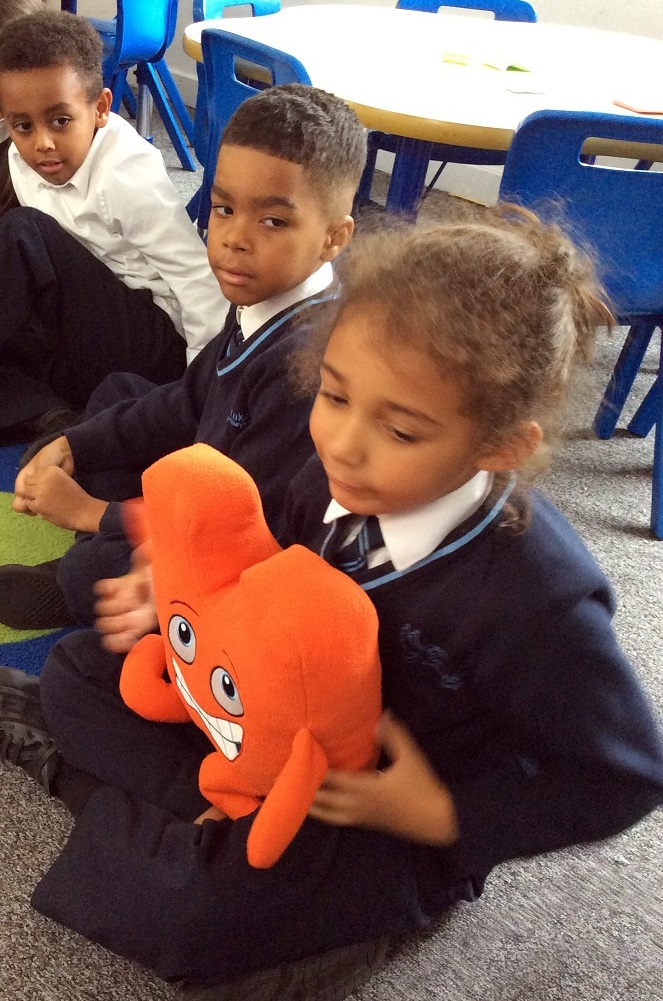
To empower children to be safe and safeguarded.
- To enable children to understand and respect their bodies
- To help children develop positive and healthy relationships appropriate to their age and development
- To support children to have positive self-esteem and body image
Wider Curriculum Opportunities & Cultural Capital
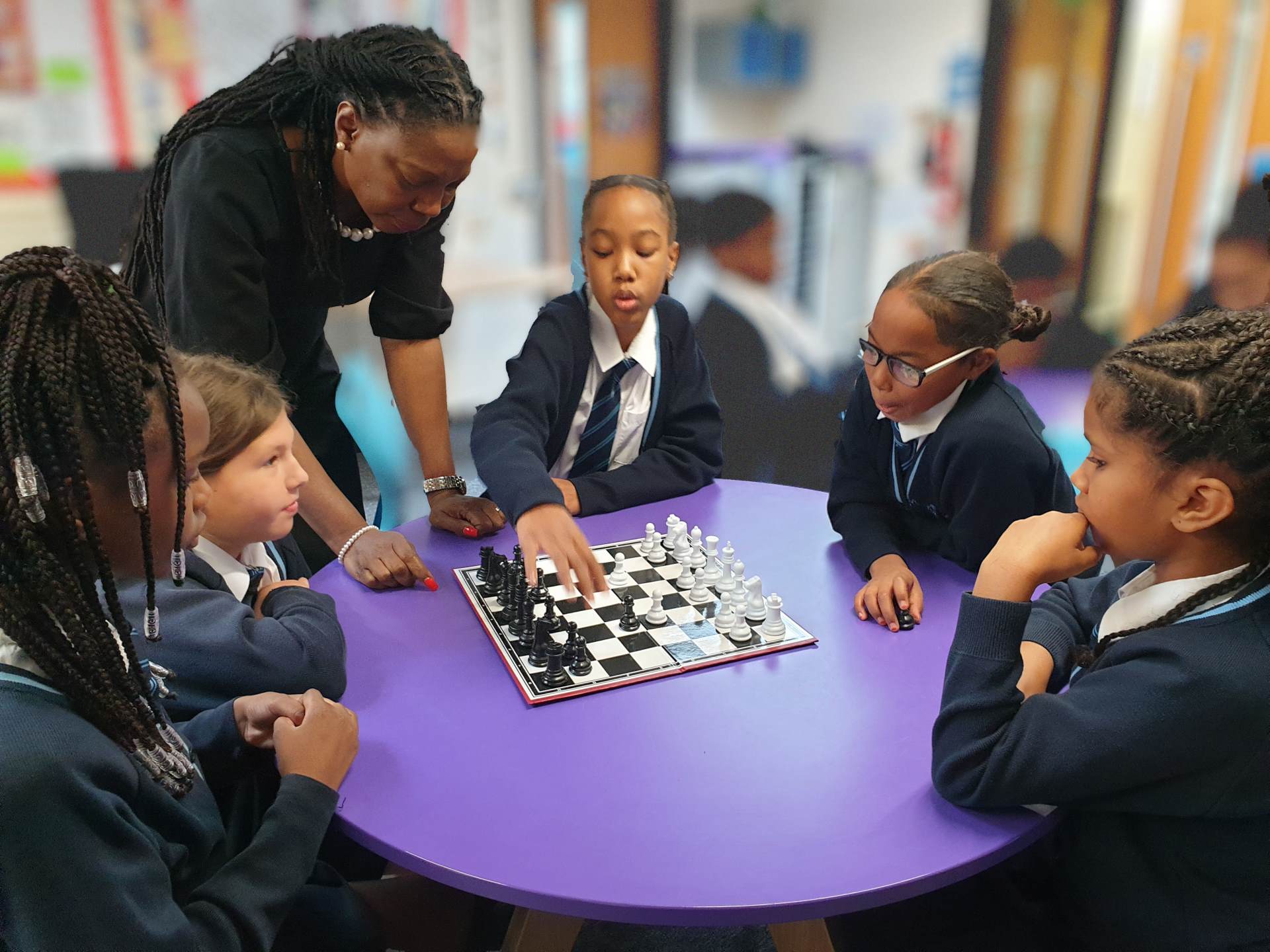 Leaders have well-thought-out enrichment opportunities to broaden pupils’ experiences. Pupils are proud to take on different roles, which they take seriously. For example, prefects help others and make sure that those who feel lonely have someone to talk to.
Leaders have well-thought-out enrichment opportunities to broaden pupils’ experiences. Pupils are proud to take on different roles, which they take seriously. For example, prefects help others and make sure that those who feel lonely have someone to talk to.
Ofsted 2022
Our curriculum extends beyond the National Curriculum and includes a wide range of enriching experiences and opportunities both within and beyond the school day. This includes an extensive programme of after-school clubs, that support the core curriculum offer, as well as those which develop specialist skills, such as sports and music, whilst also extending the range of children’s experiences (Cultural Capital). A primary focus of our curriculum is to raise aspirations, engender a sense of personal pride in achievement, and provide a purpose and relevance for learning.
 The school takes pride in providing a highly inclusive environment, where learners demonstrate high levels of enjoyment in their education and make very good progress across the curriculum. Children at all levels are helped to achieve their potential. Those who are most able are challenged and supported through being offered tasks which provide opportunities for greater depth and those who can struggle are encouraged and given targeted support to embed skills.
The school takes pride in providing a highly inclusive environment, where learners demonstrate high levels of enjoyment in their education and make very good progress across the curriculum. Children at all levels are helped to achieve their potential. Those who are most able are challenged and supported through being offered tasks which provide opportunities for greater depth and those who can struggle are encouraged and given targeted support to embed skills.
In addition to our exciting and stimulating cross-curricular themes, we also provide further opportunities to enhance children’s learning wherever possible. These include:
Assembly Programme
A programme of assemblies based on our values-based ethos helps to promote pupils’ spiritual, moral, social and cultural development, and provide clear guidance for pupils on how to grow up to be the best person they can possible be. As well as the values assemblies, each term pupils also take part in:
- safeguarding assemblies
- celebration assemblies
- music performance assemblies
- Collective Worship
Visitors in our school
Visitors have a valuable role to play and can contribute to many aspects of the life and work of the school. They deliver talks, workshops and full day activities across a wide range of subjects, giving pupils access to outside experiences and expertise. Visitors provide a link with the wider community – children have the opportunity to work alongside artists, musicians, authors, health professions and others.
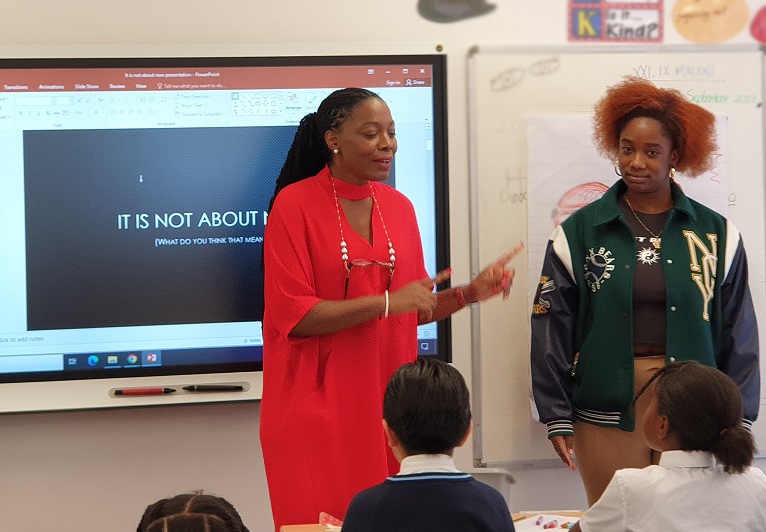
Past Pupil returned to talk about journey through St Luke's, receiving a scholarship for secondary school. She also shared her aspirations and how everything she learnt at St Luke's will server her well.
After-school Club
 As a school we offer pupils opportunities to participate in extra-curricular activities after school. At any time, a wide range of clubs is on offer – our programmes of clubs and activities available is revised termly depending on the time of year and other commitments children may have.
As a school we offer pupils opportunities to participate in extra-curricular activities after school. At any time, a wide range of clubs is on offer – our programmes of clubs and activities available is revised termly depending on the time of year and other commitments children may have.
Social Emotional and Mental Health (SEMH) and Wellbeing
Social and emotional skills are the skills that help children and young people develop their resilience and manage their thoughts, feelings and behaviour.
They are important life skills that support pupils’ ability to cope with and negotiate their way through difficult situations, as well as build positive relationships with their peers and adults. These skills can improve academic attainment and enhance pupils’ motivation, as well as promote wellbeing and help prevent mental health difficulties from developing. Schools can play a pivotal role in building the strong emotional foundations that all of us need in order to thrive and be mentally healthy.
What are social and emotional skills?
Social and emotional skills help children and young people to:
identify and manage their feelings and their behaviour, and reach out for help where necessary
build and manage healthy relationships
have self-control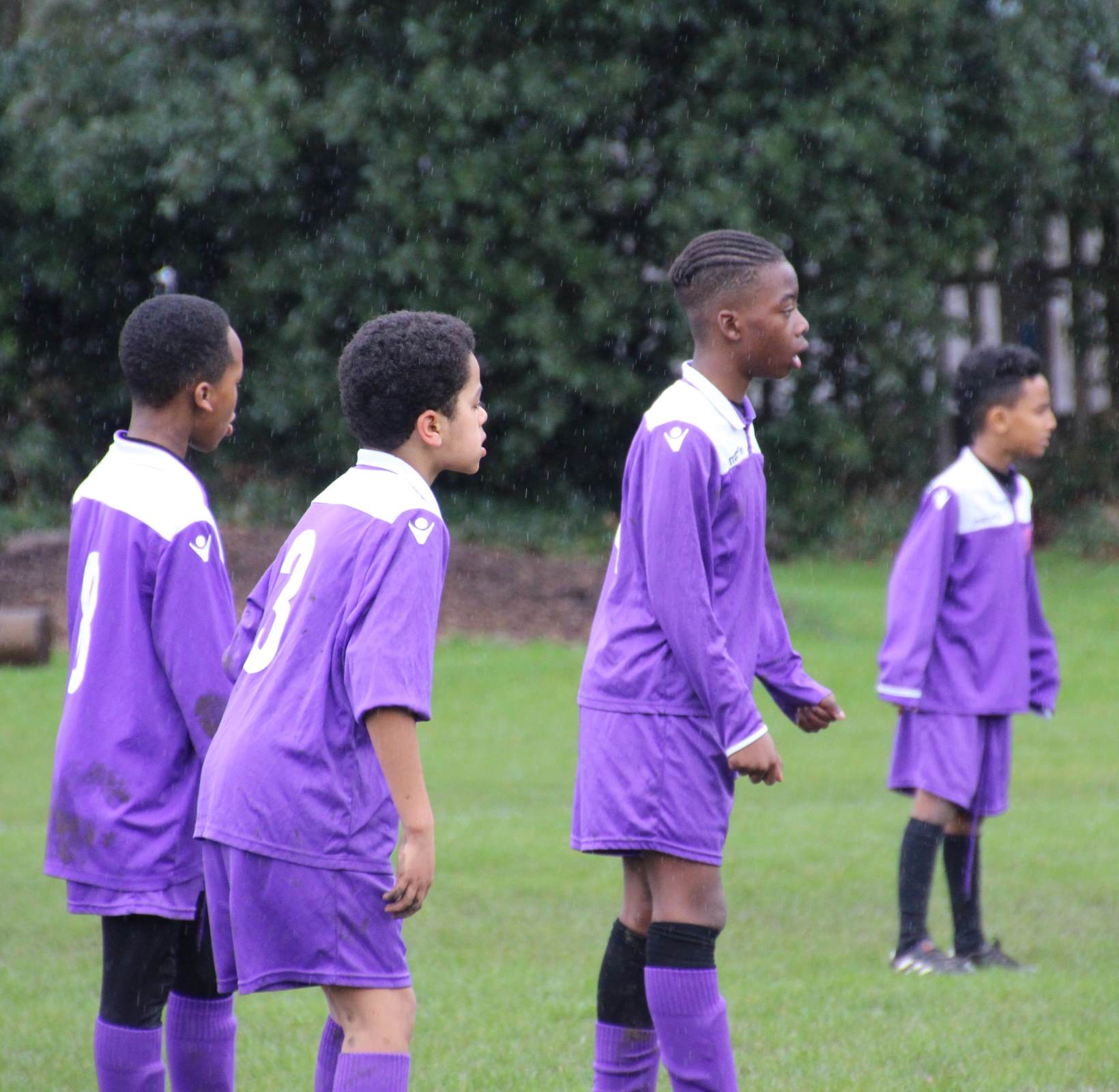
resolve conflict
be self-aware
handle and overcome difficulties
make good decisions
build resilience, self-esteem and confidence
think positively about themselves and how they perceive the world around them
recognise and prevent poor mental health
grow into well-rounded and healthy adults
How we can support children and young people’s mental health?
Schools are the ideal environment to promote and support pupils’ mental health and wellbeing.
Most children and young people spend a significant amount of time in school and with their teachers, which means that school staff are in a good position to identify a child who may be struggling, and help refer them to get the support they need.
At St Luke's, we strive to help children develop social and emotional skills, providing them with the coping skills and tools they need to understand and manage their thoughts, feelings, behaviour, goals and relationships.
We do this through teaching health and wellbeing education (PSHE / RHE) and weaving these topics and skills throughout the broader curriculum and school life. Health and wellbeing shouldn’t be taught in isolation but reinforced throughout the curriculum and the time that the child or young person is in school.
Zones of Regulation
Our goal is to teach children more about their emotions and to further develop their self-regulation skills. Self-regulation is an essential skill in life, and in all learning environments. The children will participate in activities and discussions designed to help them recognise when they are in each of the different Zones as well as learn how to use strategies to change or stay in the Zone they are in. Children will learn new vocabulary, skills in reading other people’s facial expressions, gain perspective about how others see and react to their behaviour, insight into events that trigger their behaviour, calming and alerting strategies, and problem solving skills. Zones of Regulation groups all the ways that children feel and behave into four “Zones”:
Blue (Slow) Zone - when your body is running slowly, such as when you are tired, sick, sad or bored.
Green (Go) Zone - when you are ready to learn and “good to go.” You feel happy, calm and focused.
Yellow (Caution) Zone - when you feel your engine beginning to running high, such as when you are frustrated, overwhelmed, silly, wiggly, excited, worried, anxious, or surprised.
Red (Stop) Zone- is when you have “flipped your lid” and there is a loss of emotional self-control. You have extreme feelings such as terror, uncontrolled anger, aggression, or elation.
Children will first learn to recognise emotions in themselves and others and then about how their emotions and attention to learning are connected. They learn that they move through their Zones throughout the day, and that they can improve their control over their Zones through practise. Children then learn strategies for changing from one Zone to another, encouraging each child to build a repertoire of tools.
None of the Zones are “bad” or “naughty” and we never use either of these terms in school. All of the Zones are expected at one time or another. As the curriculum progresses, children will practice identifying what Zone is expected, and how to change Zones to better match their levels of alertness and emotions appropriate to the situation.
We will provide further ideas and information about our learning as we progress through the curriculum.
Pupils as Leaders
Volunteering is an activity that everyone can get involved in and benefit from. At St Luke's, we promote and encourage pupils’ active citizenship and positive contribution to the school and wider community. We offer lots of opportunities for pupils to take on new responsibilities and be involved in successfully supporting the life and work of the school. These include elected representatives on our School Council, Safeguarding Ambassadors, Well-being Ambassadors, Eco Ambassadors, Digital Leaders, Sport Leaders and Rights Respecting Ambassadors. Older pupils can also apply and be interviewed for positions such as Prefects Leaders and Librarians, and within classes children can volunteer to take on various responsibilities ranging from lunch duties, to collecting and distributing registers, to helping with the organisation of equipment in assemblies.
Pupils tell us that they enjoy the opportunity to volunteer to help make their school an even better place to be and rising to the challenge that additional responsibility brings.
Please click here for further information on our Pupil Leadership Programme
Please click here to find out more
Curriculum Pupil Development (IQM)
